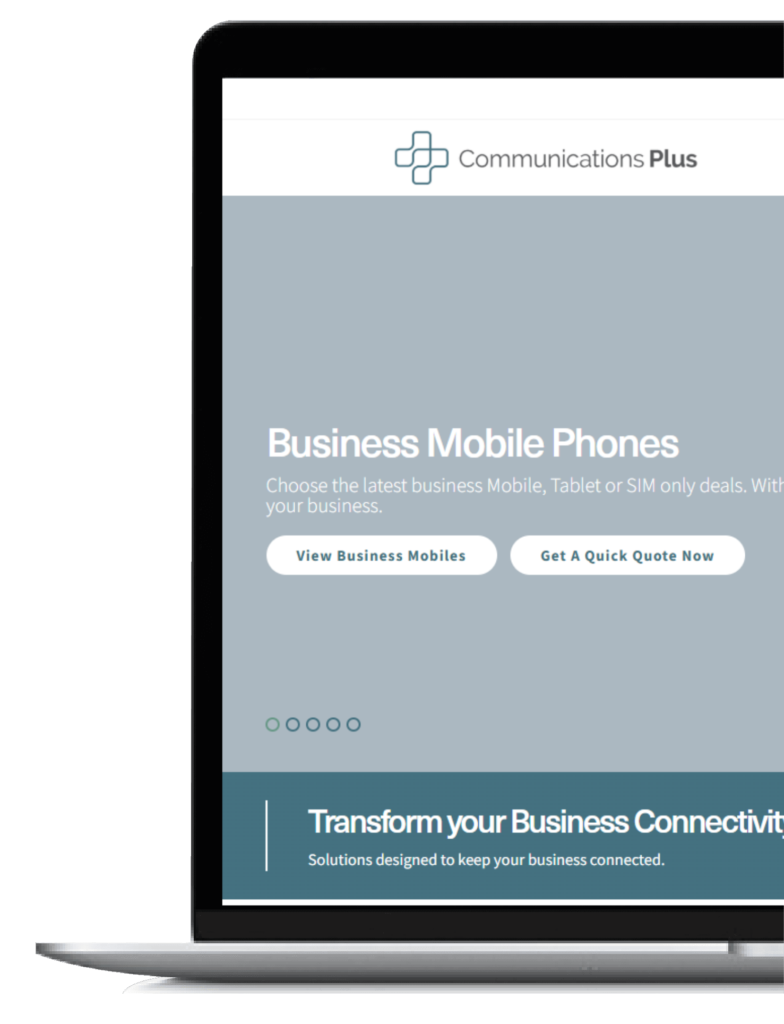As an employer you expect to pay for certain expenses if your employees are working remotely, or if they work in a more mobile fashion than office based employees.
Business mobile phones have long been one of those expenses that companies face.
And the question is usually around whether the company should provide a dedicated business phone, or just supplement the contract of their employees’ personal phones.
There are pros and cons of providing a business mobile phone.
Just as there are pros and cons of covering the cost of an employees’ personal phone contract.
So let’s have a look at whether investing in a business mobile phone is worth it.
Consistency
One of the biggest advantages of providing a business mobile phone to employees, is that you have more control over the hardware and software your employees use.
If you want your business to use iOS, you can.
If you prefer Android, you can provide Android phones.
Otherwise you’re trying to work around your employees’ personal preference – which is always mixed.
This could lead to some compatibility issues when it comes to software and sharing files over mobile.
Cost savings
Another big issue with supplementing employee contracts is that you could end up spending more money.
If you invest in business mobile phones, because you’re making bigger orders, you could negotiate deals to get cheaper tariffs – or at least find a tariff that fits your budget.
If you choose to supplement your employees’ phone, you have less negotiating power (because you’re dealing with individual contracts).
This means you’re just going to have to supplement a certain percentage of an employee’s contract every year.
Easier for IT support
As well as compatibility issues with mixing iOS and Android, it could also make it more difficult for any IT support to do their jobs efficiently.
They’ll have to take into account the individual phone they’re working on.
If the employee is using an older model phone, it may not carry the necessary level of software to fit in with your business.
It also takes longer to fix individual issues – rather than knowing the employee has a particular type of phone and having processes in place to fix common issues.
IT departments also might be hesitant to deal with issues on an employee’s personal phone in case it impacts any warranties – which could cost your business more money again.
Managing upgrades
If you expect employees to use their own mobile phones, you need to consider that their contracts won’t start and end at the same time.
This means that throughout the year you might have multiple employees changing phones and upgrading to a new handset – or changing tariffs which could impact how much data they have access to.
For your business this means multiple times a year you might have to deal with uploading new phones onto your system, ensuring any new hardware or software is compatible with how your business works – and dealing with any problems that arise.
Not to mention the security problems you might face from employees handling phones they no longer use.
You can’t be 100% confident data has been wiped.
However, if you invest in dedicated business mobile phones, you have much more control over upgrades.
You can also be more confident that older phones will be dealt with appropriately to protect your business’ sensitive information.
Security
Speaking of security.
Your employees likely don’t have your business’ security in mind when using their personal phones.
They’ll use unsecured WiFi networks on public transport, open emails and click links without the same security mindset they would use for work.
Providing a business mobile phone can eliminate this problem by ensuring your employees aren’t putting sensitive business data on a personal phone.
Cost savings are a major part of investing in business mobile phones for your company.
To find out how much you could save, use our savings calculator and find out how you could benefit from using O2 business mobile phones with Communications Plus. Use the cost saving calculator here










